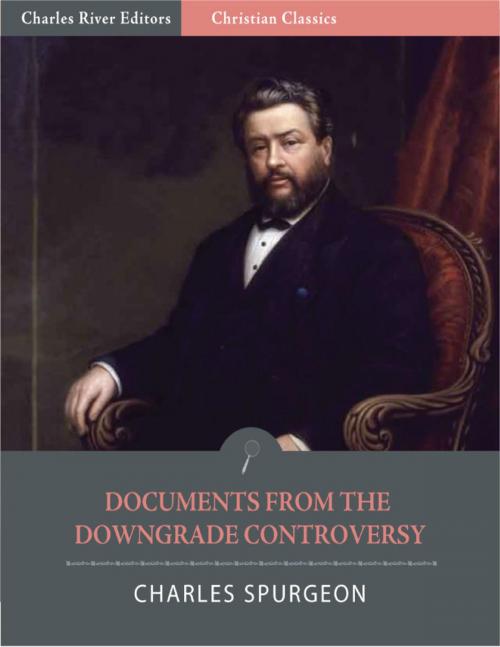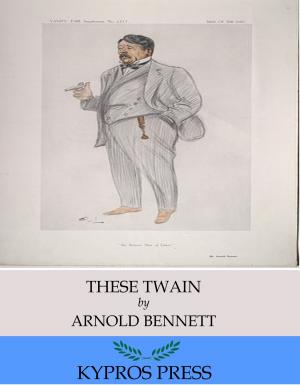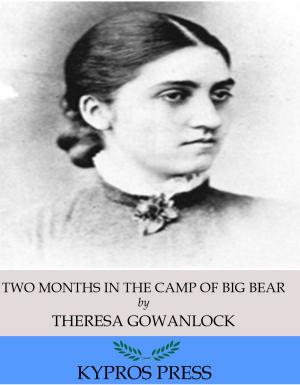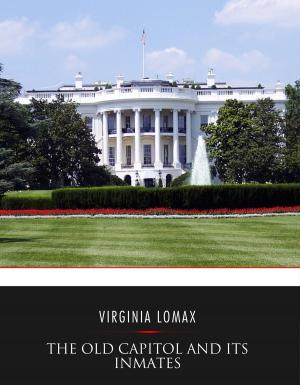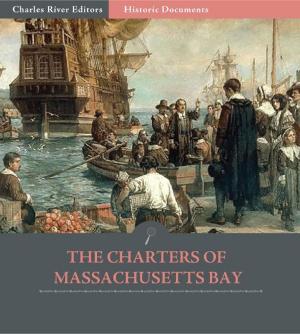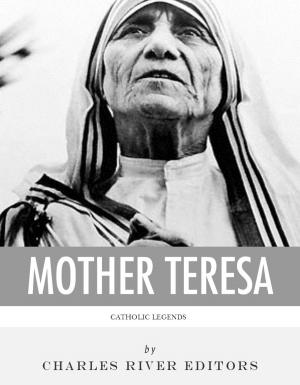Documents from the Downgrade Controversy (Illustrated Edition)
Nonfiction, Religion & Spirituality, Christianity, Denominations, Baptists, Church, Church History| Author: | Charles Spurgeon | ISBN: | 9781475305890 |
| Publisher: | Charles River Editors | Publication: | April 14, 2012 |
| Imprint: | Language: | English |
| Author: | Charles Spurgeon |
| ISBN: | 9781475305890 |
| Publisher: | Charles River Editors |
| Publication: | April 14, 2012 |
| Imprint: | |
| Language: | English |
Charles Haddon Spurgeon (19 June 1834 31 January 1892) was a British Particular Baptist preacher who remains highly influential among Christians of different denominations, among whom he is still known as the "Prince of Preachers". Spurgeon was to 19th century England what D. L Moody was to America. Although Spurgeon never attended theological school, by the age of twenty-one he was the most popular preacher in London. A strong figure in the Reformed Baptist tradition, defending the Church in agreement with the 1689 London Baptist Confession of Faith understanding, and opposing the liberal and pragmatic theological tendencies in the Church of his day, Spurgeon preached to around 10,000,000 people, often up to 10 times each week at different places. Spurgeon was the pastor of the congregation of the New Park Street Chapel (later the Metropolitan Tabernacle) in London for 38 years, despite the fact he was part of several controversies with the Baptist Union of Great Britain and later had to leave the denomination. In 1857, he started a charity organization called Spurgeon's which now works globally, and he also founded Spurgeon's College, which was named after him posthumously. Spurgeon was a prolific author of many types of works, including sermons, an autobiography, commentaries, books on prayer, devotionals, magazines, poetry, hymns and more. Controversy among the Baptists flared in 1887 with Spurgeon's first "Down-grade" article, published in The Sword & the Trowel. In the ensuing "Downgrade Controversy," the Metropolitan Tabernacle became disaffiliated from the Baptist Union, effectuating Spurgeon's congregation as the world's largest self-standing church. The Controversy took its name from Spurgeon's use of the term "Downgrade" to describe certain other Baptists' outlook toward the Bible (i.e., they had "downgraded" the Bible and the principle of sola scriptura). The standoff even split his pupils trained at the College, each side accused the other of raising issues which did not need to be raised. This edition of Documents from the Down-Grade Controversy is specially formatted with a Table of Contents and is illustrated with over a dozen pictures of Spurgeon and depictions of his sermons.
Charles Haddon Spurgeon (19 June 1834 31 January 1892) was a British Particular Baptist preacher who remains highly influential among Christians of different denominations, among whom he is still known as the "Prince of Preachers". Spurgeon was to 19th century England what D. L Moody was to America. Although Spurgeon never attended theological school, by the age of twenty-one he was the most popular preacher in London. A strong figure in the Reformed Baptist tradition, defending the Church in agreement with the 1689 London Baptist Confession of Faith understanding, and opposing the liberal and pragmatic theological tendencies in the Church of his day, Spurgeon preached to around 10,000,000 people, often up to 10 times each week at different places. Spurgeon was the pastor of the congregation of the New Park Street Chapel (later the Metropolitan Tabernacle) in London for 38 years, despite the fact he was part of several controversies with the Baptist Union of Great Britain and later had to leave the denomination. In 1857, he started a charity organization called Spurgeon's which now works globally, and he also founded Spurgeon's College, which was named after him posthumously. Spurgeon was a prolific author of many types of works, including sermons, an autobiography, commentaries, books on prayer, devotionals, magazines, poetry, hymns and more. Controversy among the Baptists flared in 1887 with Spurgeon's first "Down-grade" article, published in The Sword & the Trowel. In the ensuing "Downgrade Controversy," the Metropolitan Tabernacle became disaffiliated from the Baptist Union, effectuating Spurgeon's congregation as the world's largest self-standing church. The Controversy took its name from Spurgeon's use of the term "Downgrade" to describe certain other Baptists' outlook toward the Bible (i.e., they had "downgraded" the Bible and the principle of sola scriptura). The standoff even split his pupils trained at the College, each side accused the other of raising issues which did not need to be raised. This edition of Documents from the Down-Grade Controversy is specially formatted with a Table of Contents and is illustrated with over a dozen pictures of Spurgeon and depictions of his sermons.
